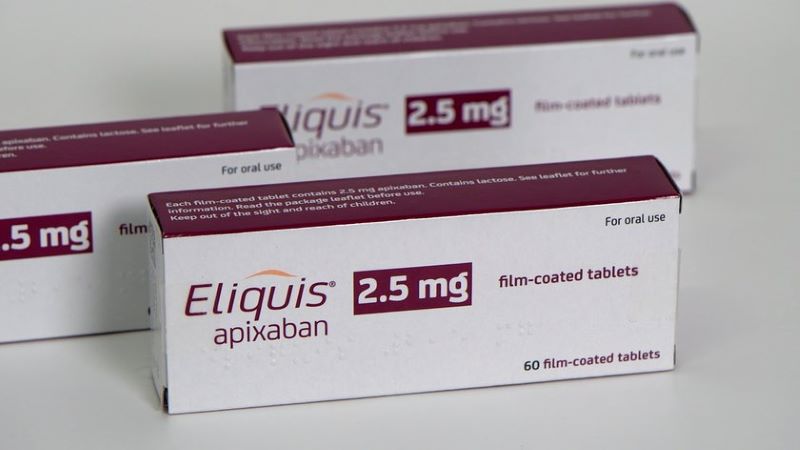
The University of Cambridge in the UK has reported results from the HEAL-COVID clinical trial, where the oral anticoagulant Apixaban failed to offer any benefit to moderate and severe Covid-19 patients.
The National Institute for Health and Care Research (NIHR) and the Cambridge NIHR Biomedical Research Centre funded the UK-wide trial, which was led by Addenbrooke’s Hospital and the university.

Discover B2B Marketing That Performs
Combine business intelligence and editorial excellence to reach engaged professionals across 36 leading media platforms.
A platform trial, HEAL-COVID focuses on detecting therapies which can lower the rate of mortality or hospital readmission.
It enrolled over 1,000 National Health Service (NHS) patients who were admitted to the hospital with Covid-19.
According to the initial trial data, Apixaban-treated trial subjects had a 29.1% reduction in death or readmission over the following year, compared to 30.8% for standard care.
The blood thinning drug also had serious side effects in the 402 subjects who received it.

US Tariffs are shifting - will you react or anticipate?
Don’t let policy changes catch you off guard. Stay proactive with real-time data and expert analysis.
By GlobalDataApart from not being beneficial, the therapy caused major bleeding that led to the discontinuation of the treatment in these patients.
In addition, the anticoagulant did not offer any benefit on the number of days alive and out of the hospital at day 60 following randomisation.
Apixaban is a therapy indicated to cut the risk of blood clots.
The University of Cambridge and Addenbrooke’s Hospital intensive care specialist professor Charlotte Summers said: “These first findings from HEAL-COVID show us that a blood-thinning drug, commonly thought to be a useful intervention in the post-hospital phase is actually ineffective at stopping people dying or being readmitted to hospital.
“This finding is important because it will prevent unnecessary harm occurring to people for no benefit. It also means we must continue our search for therapies that improve longer term recovery for this devastating disease.”
With the latest data, the study will progress to analyse the lipid-lowering drug Atorvastatin.





